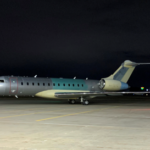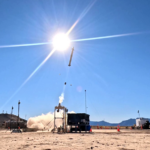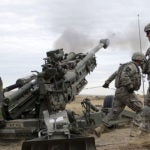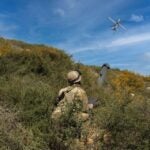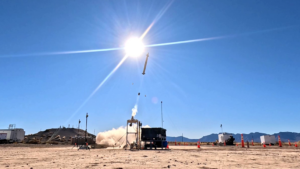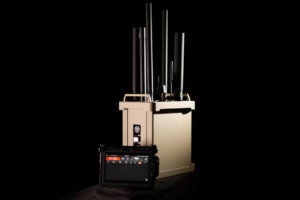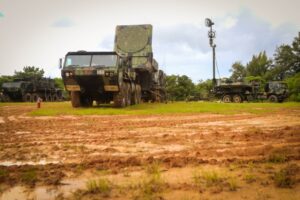
The head of U.S. Army Japan said this week he believes there needs to be more integrated air and missile defense capabilities in the first island chain region to bolster deterrence against potential challenges from China, Russia and North Korea. “My personal assessment is I think we would need a little bit more defensive capabilities because every day China’s building more capabilities, North Korea is developing more of their program for nuclear capabilities and then Russia has an intention to…

 By
By 